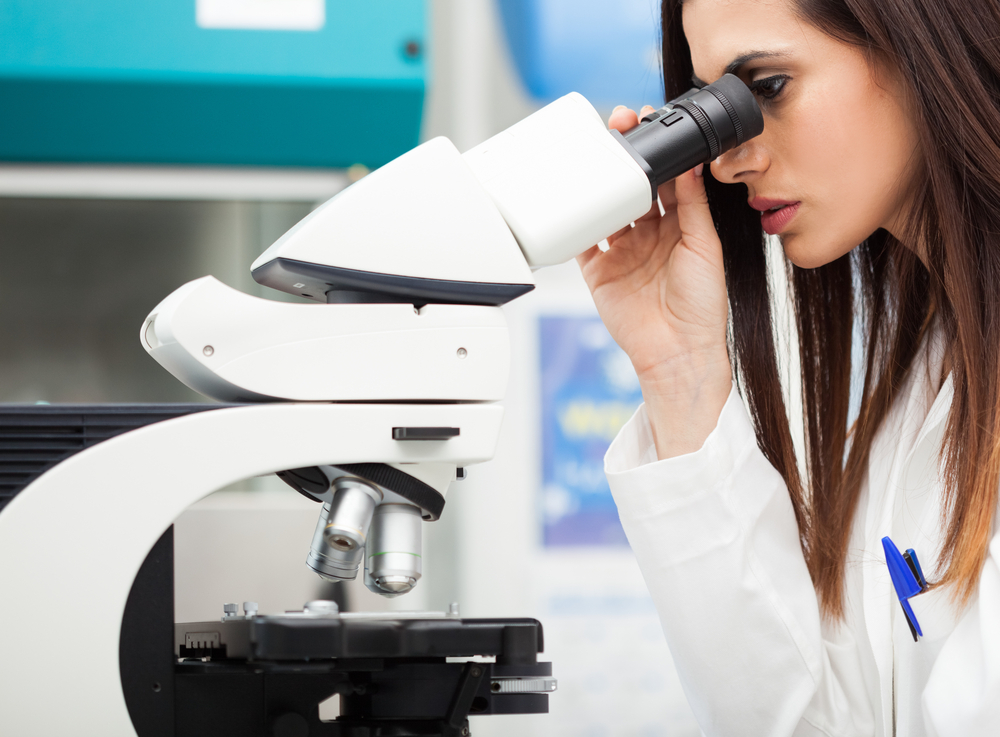Understanding Endemic Bacteria

We’re used to thinking of our bodies in a singular sense. We have a body. The language is revealing as it indicates the lack of acknowledgment that the human body is a complex interplay between multiple organ systems that all support a larger system. Each of your organs are made of countless specialized cells operating in particular ways that allow the organ to function properly. Even knowing this doesn’t tend to stop people from thinking of their body in a singular sense because their organs and cells are all part of them, right? Amusingly, we actually have plenty of “guests” both on and in our body. Endemic bacteria make up our own microbiome that helps maintain our health and ensure that our body functions properly. They are symbiotic and we couldn’t really live without them. With that in mind, let’s look at what they offer us.
The Early Line of Defense
Your skin is one of your biggest defenses against infection and external damage. The self-repairing part of your body does its best to regularly remove and shed unwelcome guests. Your skin isn’t working at things all on its own though. A complicated selection of bacteria live all over your skin and survive happily in the environment without hurting you. They actually respond to wounds and other signs of potential “invasion” from unwelcome bacteria routinely. These bacteria target any bacteria that aren’t from within the body’s overall system. This is particularly evident when you consider that studies of acne have shown at least one of the bacteria “responsible” for acne is actually working against the other bacteria involved. Your skin bacteria are there to help you and you don’t want to go without them or you’d be far less resilient than you are.
A Gut Feeling
People tend to have a slightly better understanding of gut bacteria because they come up regularly in various discussions. Probiotic discussions, in particular, have drawn them forward into the public consciousness. Interestingly, gut flora plays prominent roles in helping you to properly process the food that you eat. Your stomach helps breaks down the food, yes, but the bacteria in your intestines help to take the remainder apart and process it in such a way that your body can properly extract the nutrients from the food. This is why people who’ve suffered from a particularly nasty illness that required antibiotics are sometimes given particular foods to eat by their doctors to help restore their gut bacteria to healthy levels. Without them, it tends to be harder on your body to get the nutrients it needs and you’ll typically find that it is harder to digest things.
All Of You
There are other systems in your body that rely on endemic bacteria as well. Your cells don’t do things all on their own. Yes, they construct, maintain, and provide the major functions of your body, but you still need help to survive. We acquire our bacteria from our lives and particular aspects of our heritage. Each person typically has their own unique collection of gut bacteria depending on all of these factors. It is something we all have to learn to care about as neglecting them won’t do your health in favors. Many people also believe that learning to understand our own microbiomes is the path of medicine in the future. Learning the secrets of teaching our whole body, our own cells and our bacteria, to fight illness will reduce our dependence on antibiotics and likely encourage greater health for everyone.
Your body isn’t just your body. It is the home to countless bacteria that support the major systems of your body. They play key roles in helping maintain your health and even allow you to properly process food. Without endemic bacteria, our health would be far worse and it would be harder for us to actually function. So remember that you’re not just taking care of your body when you’re looking after your health. You’re helping out some underappreciated friends too.

